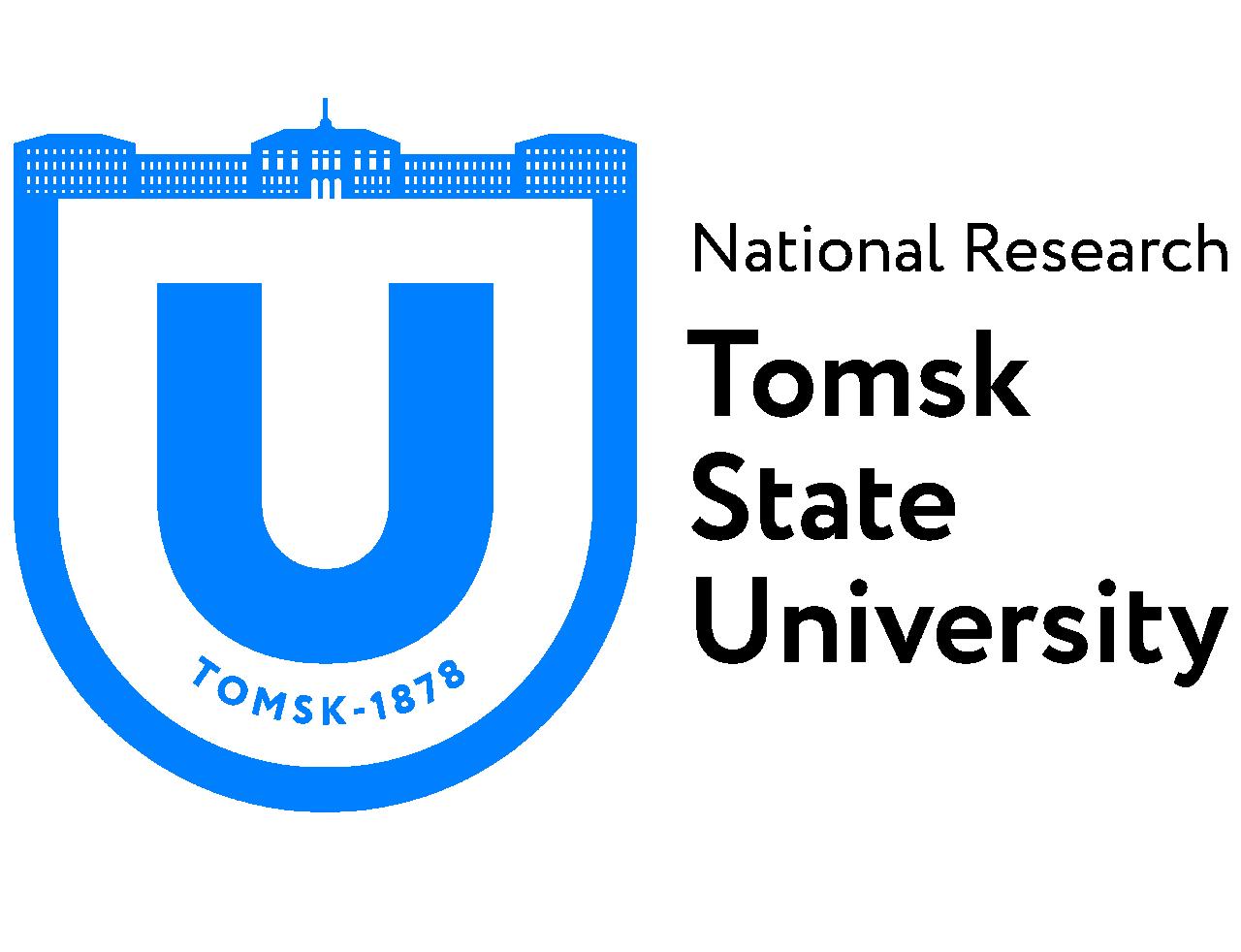Scientists of Tomsk State University have studied tumor-associated macrophages in cancers
The TSU Laboratory of Translational Cellular and Molecular Biomedicine has summarized the results of their research and analyzed all the data available on the role of reprogrammed immune cells in the development of breast, colon, lung, prostate, and ovarian cancer. This data will help clinicians find new targets for immunotherapy and personalize therapies for patients, which can not only increase survival but also improve the chances of a complete cure. The article was published in the highly-ranked journal Frontiers in Oncology.
– Macrophages are one of the main defenders of our body, – says Irina Larionova, candidate of medical sciences, a staff member of the TSU Laboratory of Translational Cellular and Molecular Biomedicine and, junior researcher at the Research Institute of Oncology of the Tomsk Research and Development Center. – It is macrophages that play an important role in the body’s adequate response to the invasion of any foreign agents, including cancer cells. But a tumor can reprogram macrophages. Then the immune cells change their phenotype to a pro-tumor one and become no longer defenders, but enemies, because tumor-associated macrophages (TAMs) help the malignant neoplasm to grow and metastasize (they form secondary foci).
Tumors can occur in any organ. They have tissue-specific features: specifics of development, course of the disease, treatment, and prognosis. The functions of macrophages and their characteristics in tumors of different localization are also different. Scientists from the TSU Laboratory of Translational Cellular and Molecular Biomedicine have found out the characteristics of the behavior of reprogrammed macrophages in several types of cancer that, are leaders in morbidity and mortality among Russians.
Thus, lung cancer ranks first, breast cancer is second among women, and colon cancer is in fifth place. At the same time, these tumors very often metastasize, and a large number of macrophages are found in them.
– Analysis of published data has shown that in all types of cancer, except colon cancer, a large number of macrophages is associated with metastasis and poor prognosis,- says Irina Larionova. – In colon cancer, TAMs, on the contrary, play a protective role, because their presence is associated with a favorable course of the disease. This is an interesting fact, which, of course, requires further study of the mechanisms why macrophages can resist tumors at a given localization.
The data on the role of TAMs in the metastasis of ovarian cancer showed that, starting from the second stage, ascites (the accumulation of fluid in the abdominal cavity, a consequence of a tumor) often develops in patients. It was found that macrophages released into the ascites fluid can bind to tumor cells and help them penetrate blood vessels and migrate, forming a secondary focus – metastasis. In the future, the researchers plan to study in more detail the functions of such groups of cells to find a way to neutralize them.
– Breast cancer is characterized by significant diversity, its so-called heterogeneity, – explains Irina Larionova. – Tumors are not homogeneous and differ in many characteristics, such as molecular profile, location of tumor cells, the interaction of tumor cells, and cells of the inflammatory infiltrate. It was found that the relationship of macrophages with the rate of development of the disease depends on tumor heterogeneity. For example, the most aggressive form of breast cancer, triple-negative cancer, is characterized by the highest number of macrophages and their association with metastasis.
The data collected will help scientists understand the relationships between macrophages and tumor growth, metastasis, and prognosis of cancer, and identify gaps in this area and focus on studying the patterns that have not yet been discovered. These data will serve as a platform for the development of both prognosis criteria for the disease and new approaches to cancer therapy based on blocking the function of tumor-associated macrophages.

